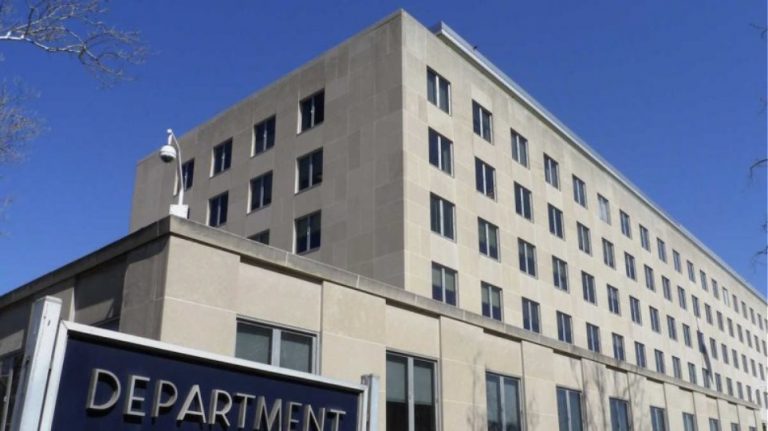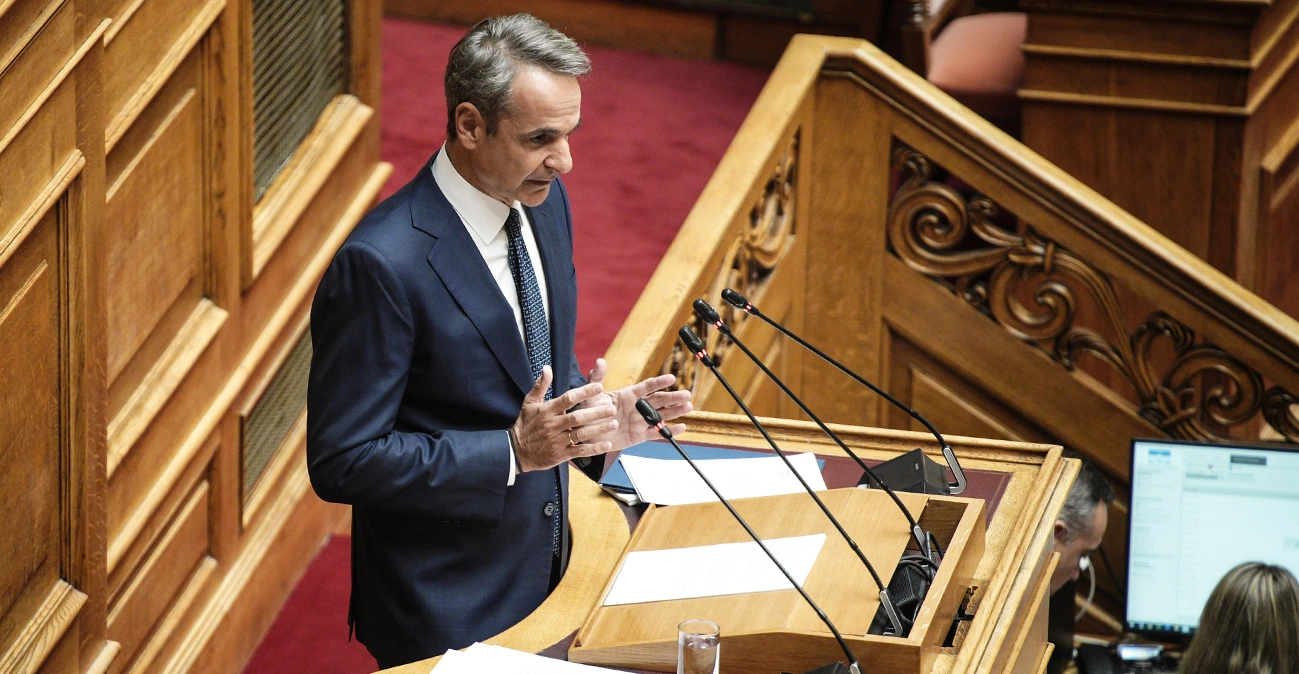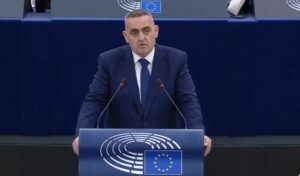The escalation of Turkish aggression threatens US interests in the Eastern Mediterranean, Senator (D) ranking member on the Committee on Foreign Relations, Robert Menendez said in a letter to US Secretary of State Mike Pompeo.
In his letter, the US senator denounced, among other things, the provocations against the sovereign rights of Greece and the Republic of Cyprus, while calling for the immediate activation of sanctions against Ankara, as provided for the purchase and installation of the Russian S-400 system, under the CAATSA law.
The letter follows:
The Honorable Mike Pompeo
Secretary of State
U.S. Department of State
2201 C Street, N.W.
Washington, DC 20520
Dear Secretary Pompeo:
I am writing to express my deep concern about recent actions by the Republic of Turkey that mark an escalation in aggression in the eastern Mediterranean in a way that threatens U.S. interests. U.S. ties with Greece, Cyprus, and Israel are vital for stability in the eastern Mediterranean, and the Eastern Mediterranean Energy and Security Act of 2019, which the president signed into law as part of the FY20 appropriations bill, sought to strengthen these connections. As we discussed in Munich this past February, I appreciate your personal engagement in bolstering these important relationships through your
engagement in “3+1” summits. However, in recent months President Erdogan has been threatening regional stability and U.S. policy interests by increasing aggression against our Greek and Cypriot partners.
One of the clearest manifestations of Turkey’s pattern of destabilizing behavior is its purchase of the S400 air defense system from the Russian Federation, which severely threatened U.S. security interests in Europe. Before the purchase was finalized, Congress sought to work productively with the Administration to present Turkey with a NATO-compatible option of the U.S. PATRIOT missile defense
system. However, Erdogan chose Vladimir Putin instead. Turkey’s choice calls into question Ankara’s commitment to the alliance – a bedrock of U.S. national security – and endangers NATO interoperability.
Moreover, the purchase of a $2.5 billion military system clearly constitutes a significant transaction with the Russian defense sector as defined in U.S. law, which triggers sanctions. The appropriate response is clear.
Secretary Pompeo, I am writing with a simple request for the Administration: follow the law. Under the implementation standards your own Department has set, Russia’s delivery of the S-400 is a clear violation of CAATSA. When China purchased and took delivery of the exact same system from Russia, the United States rightly imposed CAATSA sanctions. Applying a different standard to Turkey based on the personal affinity that President Trump apparently feels for President Erdogan is no way to conduct foreign policy. The Administration’s failure to impose sanctions against Turkey for this purchase
will drastically diminish the deterrent effect of CAATSA sanctions for other countries considering significant purchases of Russian military equipment.
Beyond the purchase of the S-400s, Turkey has increasingly violated the sovereignty of countries on its borders and across the Mediterranean.
Since January, Turkey has become the latest country to violate the UN arms embargo on Libya and has leveraged military support for Libya’s Government of National Accord to push an ill-conceived maritime border agreement that ignores not only the legitimate claims of Greece and Cyprus, but also basic international law. Such actions run counter to efforts to promote stability in the region.
Last week, Turkey launched a major military invasion into the Kurdish areas of Iraq, composed of airand-land offensives, threatening to further destabilize an already volatile and vulnerable region. Turkey has publicly said it plans to set up temporary military bases in Northern Iraq as part of this initiative to strike Kurdish militants along the Iraq/Turkey border area, further violating Iraqi sovereignty and international law.
Turkish violations of the Cypriot Exclusive Economic Zone (EEZ) are well documented. In recent weeks, Turkish ships have increased exploration activities in Cyprus’s EEZ, seeking to capitalize on the suspension of international energy companies’ exploration activities during the COVID-19 crisis. The European Union has taken welcome steps in sanctioning Turkish individuals involved in violating the Cypriot EEZ. In solidarity with our allies and friends in Europe, the United States should follow suit and immediately impose sanctions on these same individuals.
Cyprus is not our only partner in the Eastern Mediterranean dealing with Turkish violations of its sovereignty. In the air, Turkish jets violate the airspace of Greece nearly every day, endangering Greek pilots and civilians living below. It may only be a matter of time before this recklessness results in loss of life or destruction of property.
Turkey’s repeated violations of Cypriot and Greek sovereignty highlight President Erdogan’s lack of commitment to the rule of law, which the Turkish government again demonstrated last week by sentencing U.S. consulate employee Metin Topuz to nearly nine years in prison with no credible evidence to support the charges against him. Turkey’s treatment of Mr. Topuz represents a grave miscarriage of justice, and the United States must not let this treatment of our local embassy staff stand.
It is my sincere hope that in the future we can count on a democratic, productive partner in our NATO ally Turkey. However, we must uphold our own laws in pursuit of our interests and stand with our allies in the face of aggression. I urge you to fully implement appropriate CAATSA sanctions and core components of the Eastern Mediterranean Energy and Security Act, a critically important expression of commitment to our relationship with Cyprus, Greece, and Israel. I also urge you to reschedule your
postponed visit Cyprus as soon as possible so that we can further advance these goals. Finally, I call on you and President Trump to step up your efforts to defend our local embassy staff, in Turkey and around the world, from abuses like what Metin Topuz and two other local embassy staff in Turkey now face.
Ask me anything
Explore related questions





